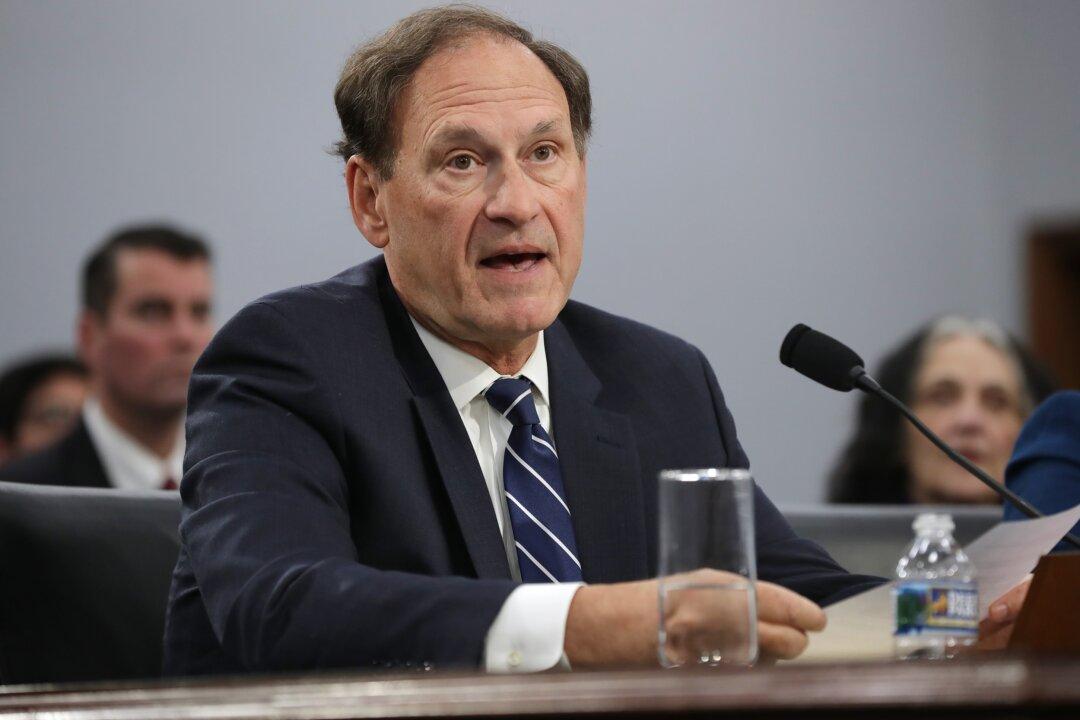U.S. Supreme Court Justice Samuel Alito asked officials in Pennsylvania to file briefs by the morning of Dec. 8 in response to an emergency injunction petition filed by Republicans seeking to invalidate or rescind the results of the Nov. 3 presidential election in the Keystone State.
That day is the “safe harbor” deadline that requires controversies surrounding elections to be ended, so states can choose their electors before the Dec. 14 meeting of the Electoral College. Alito initially called for response arguments by Dec. 9, before moving the due date earlier by a day.






